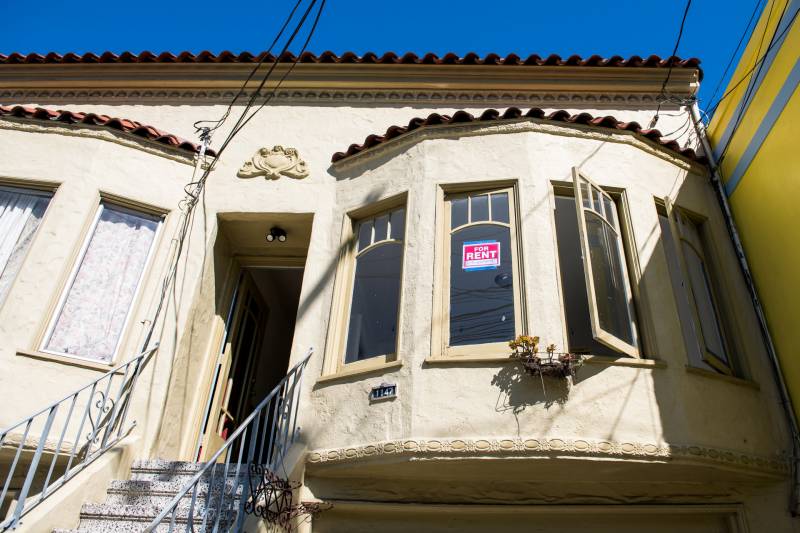Can landlords double, triple or even quadruple a tenant’s rent just to force them to leave?
Not in San Francisco.
Landlord and realtor groups lost a lawsuit on Friday which was seeking to overturn a city law passed in January 2019. That law bars landlords of single-family homes from raising a tenant’s rent to an exorbitant amount in order to “circumvent” eviction protections.
City Attorney Dennis Herrera hailed the decision as a win for tenants.
“It shocks the conscience to think a landlord would double or triple somebody’s rent to circumvent eviction regulations and force a tenant out. It’s predatory, and it’s not allowed in San Francisco,” Herrera said in a statement. “I’m pleased we were able to protect San Francisco’s common-sense regulations that prohibit this dangerous ploy — particularly given the economic and health threats we’re all facing.”

